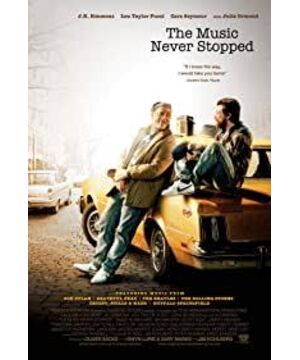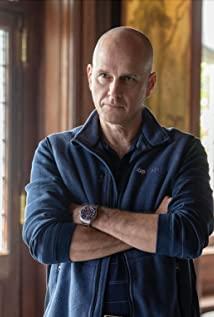Oh, Celia, works in the cafe. How are you today, Oh, Celia? It turned out that the relief was only a while. When I think of her today, I still feel restless and can’t remember anything, so I had to pause my review and read this Movie. I think this movie has a negative attitude towards the mainstream values of the hippies in the 1950s and 1960s, so the film does not portray the son Gabriel positively. On the contrary, although the father Henry is a bad character at first glance, he is stubborn and imposes his own preferences on his son. In general, he is a stubborn old guy, but then he was awakened by his wife's words, and he began his own journey of redemption, treating his wife well and trying to feel his son's music. I really liked the scene where he had a romantic dinner with his wife, and I always thought it would be nice to have someone who still understands romance at an older age. I believe that a good friend of mine will be such a good man, bless them both.
There are several interesting points in the film, one of which is the first encounter between the old couple and a turning point in the plot. Henry told Professor Diane not to come to treat his son again, but his wife said confidently to the professor: "I hope you will continue to come." Why so confident? It is very simple, because the father is unemployed, and now the wife is working to earn money to support the family. Whoever controls the source of economic income in a family is the talker, and the woman who makes money is good. Another is that Gabriel ran away from home and wanted to elope with his girlfriend, but was rejected. His girlfriend thought that she could go anywhere after getting her diploma in the past few months, but Gabriel was very disdainful of getting the diploma and insisted to leave immediately. In the end, the two just broke up. Here, women are always much more mature and practical than men.
View more about
The Music Never Stopped reviews











